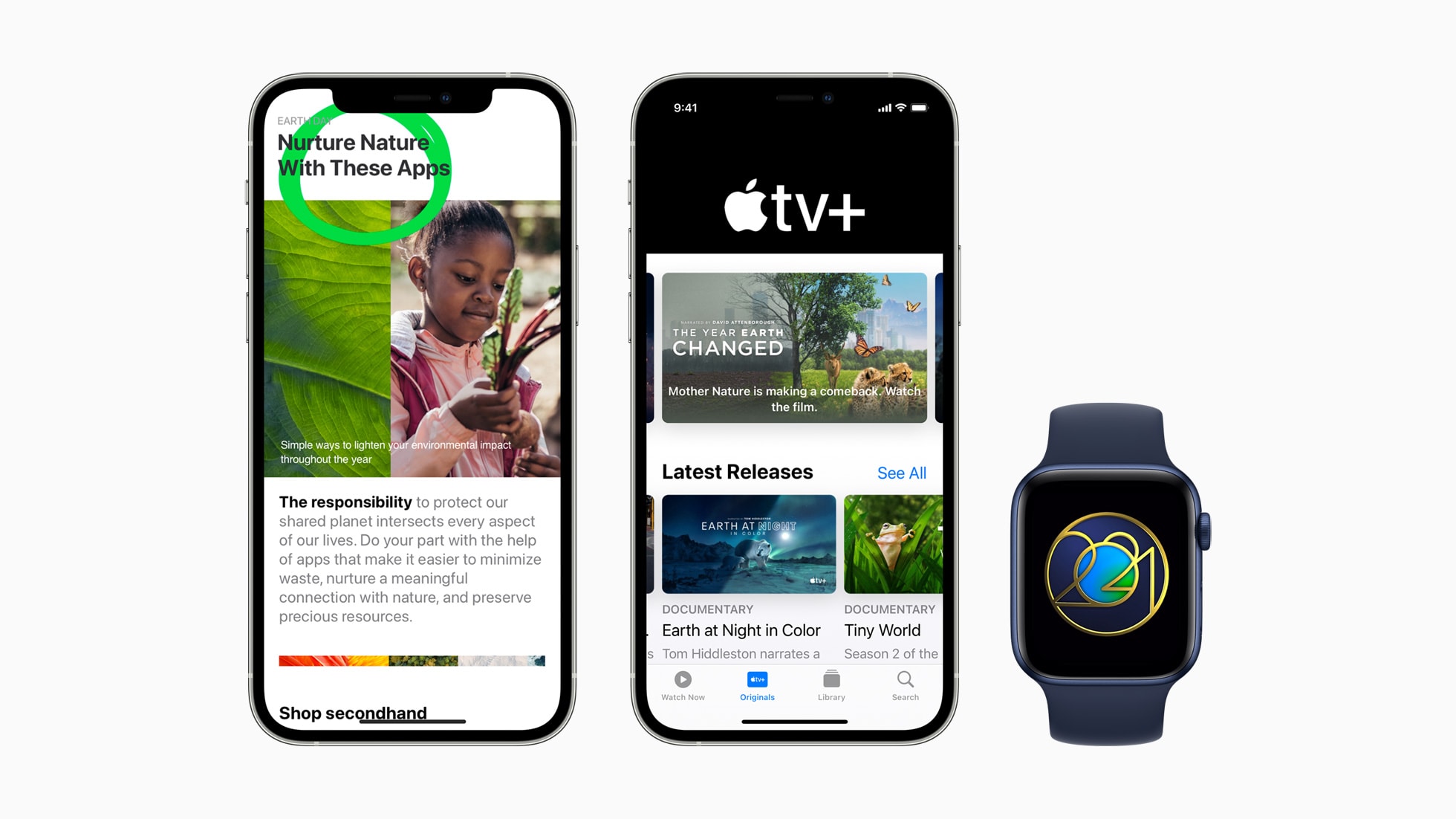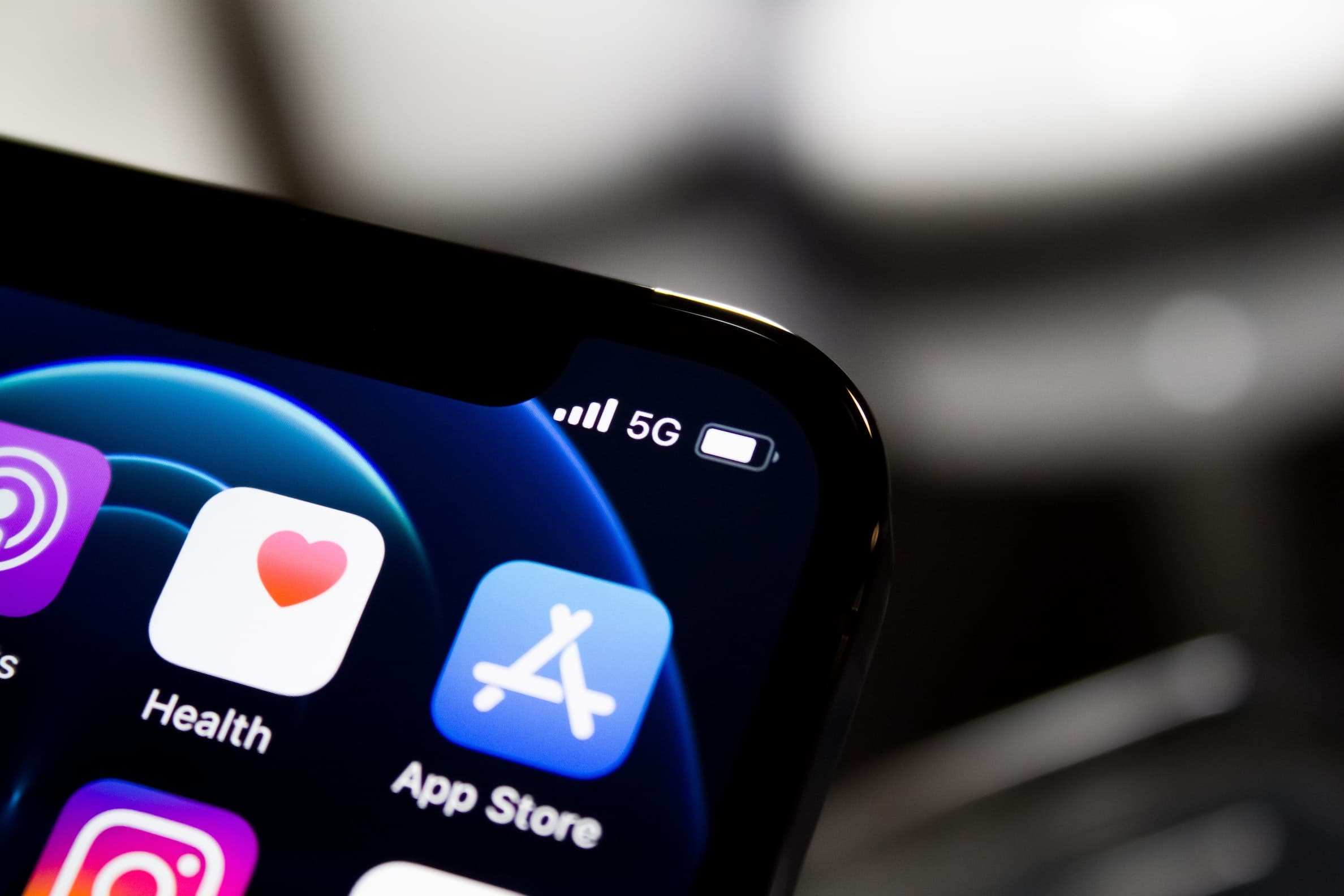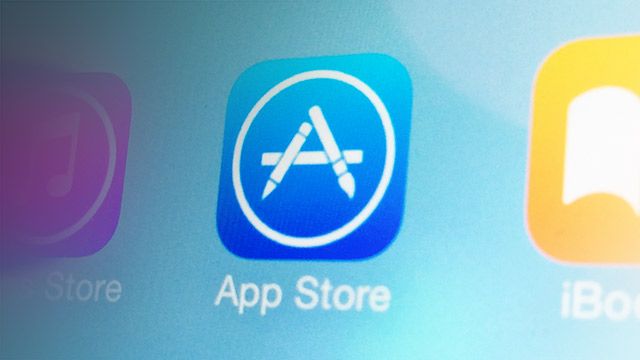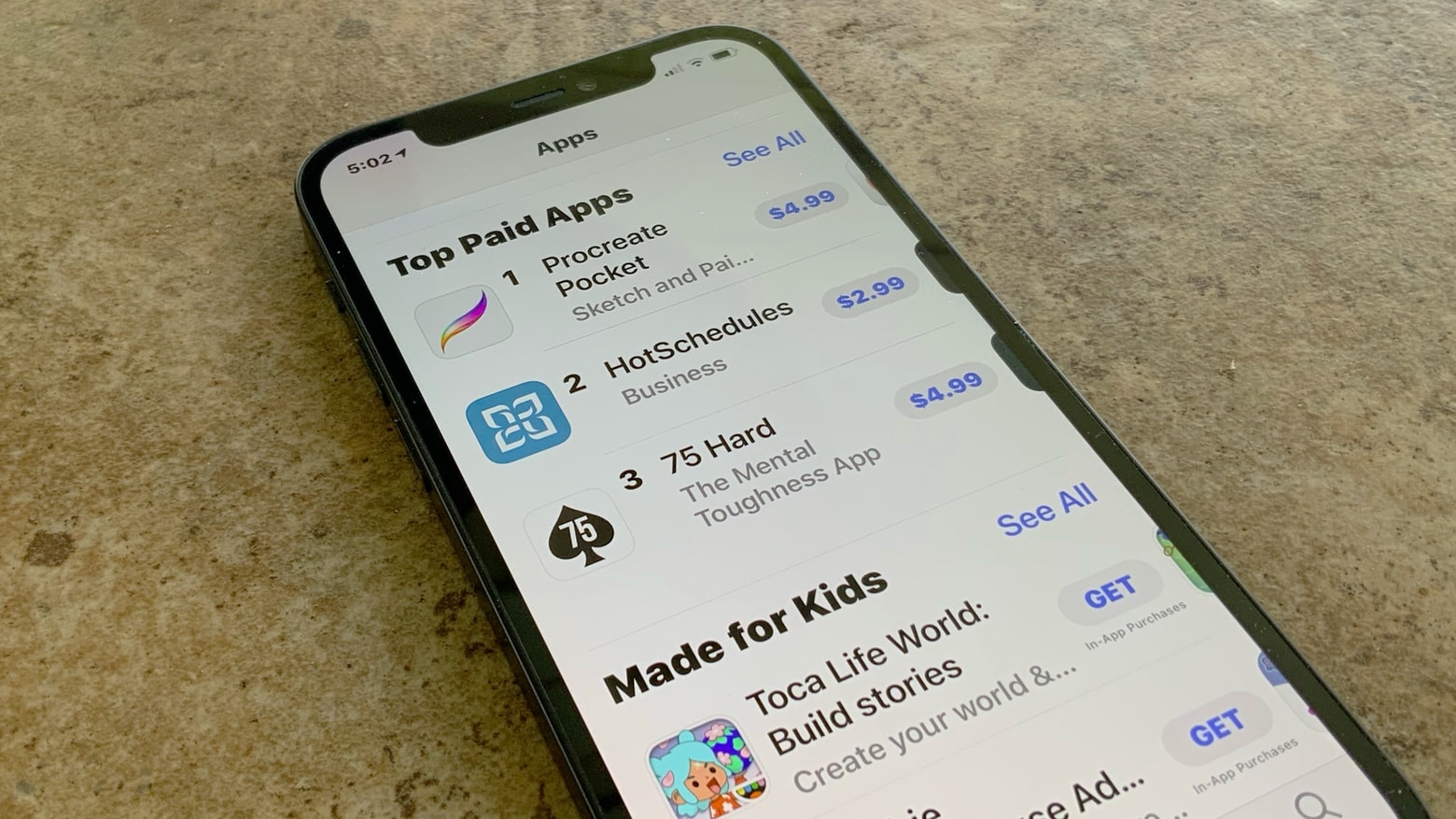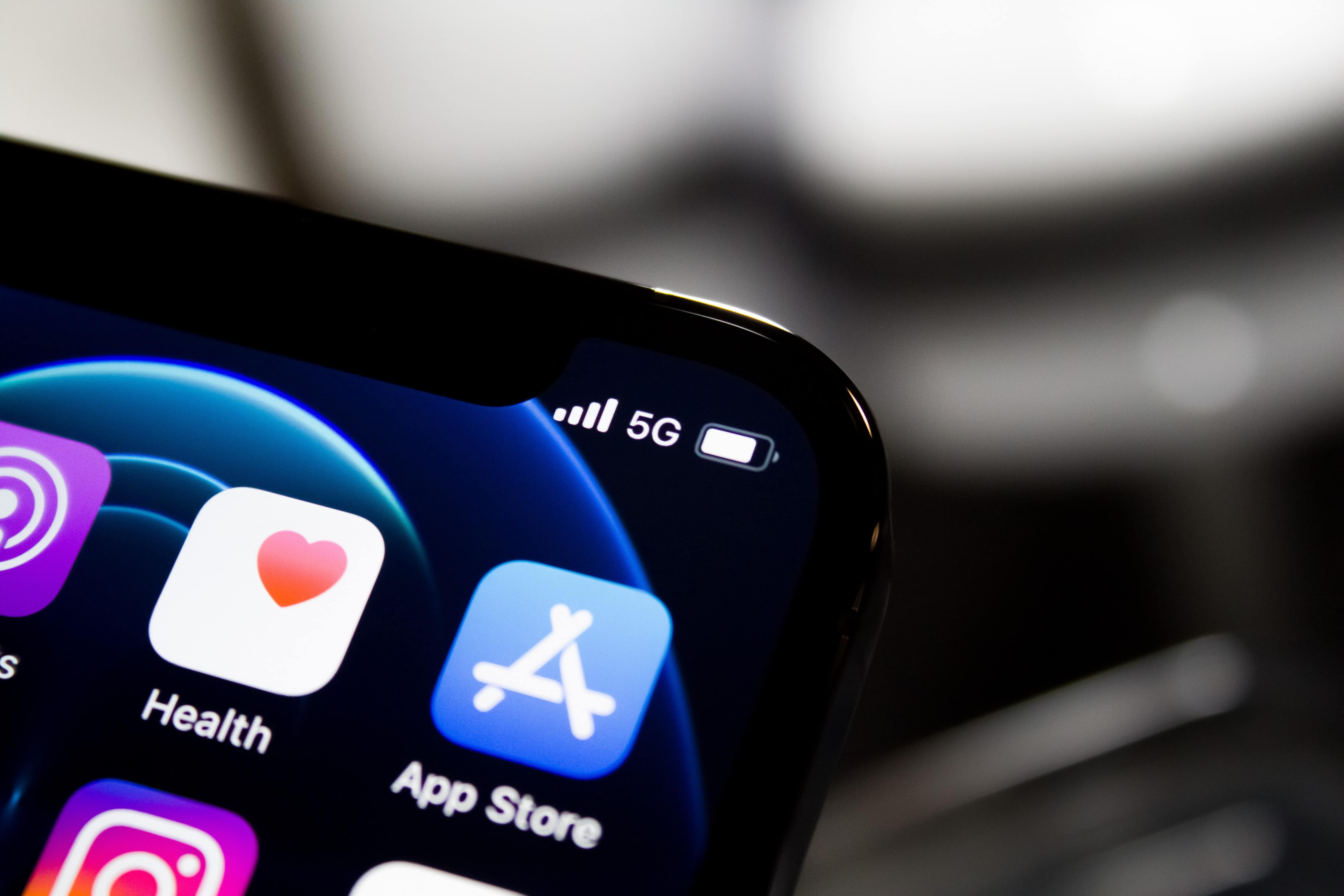Many people may be surprised to hear that while Tim Cook has often taken thinly-veiled shots at the targeted ad-supported business model of some rivals, Apple does itself sell targeted ads.
Although there is a bit more nuance to that, it can look like a contradiction, or even a bit of hypocrisy, from the outside. As emails highlighted during the current Apple vs. Epic legal battle shows, Apple employees also grappled with whether or not Apple should offer ads in the App Store — and whether this opposed Apple’s messaging.








